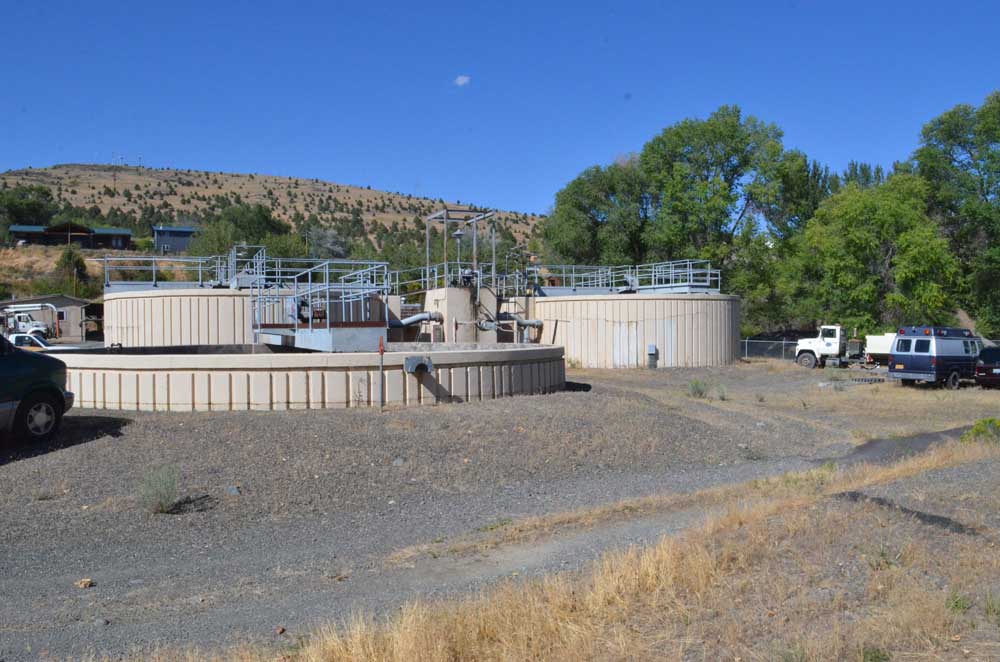County marijuana tax needs voter approval
Published 10:30 am Friday, January 11, 2019

- Grant County District Attorney Jim Carpenter addresses the county court on Jan. 9.
Grant County’s tax on recreational marijuana does not meet statutory requirements and will be rescinded, Judge Scott Myers said Jan. 9.
Trending
The county will not enforce the 3 percent tax, and the $5,050 collected by the county will be returned to Rocky Mountain Dispensary, Myers said. It will be up to the dispensary to return the money to its customers, he said.
The tax was unanimously approved by the Grant County Court as an emergency ordinance following a single public hearing on Dec. 19 with the intent that it would go into effect the same day.
State law, however, requires local taxes on recreational marijuana to go to the voters at the next statewide general election for approval. The next statewide general election in Oregon will be held in November 2020.
Trending
Myers said the county court received an opinion on the matter from District Attorney Jim Carpenter, who is now serving as the county counsel.
In a Jan. 10 press release, Carpenter noted that “scrutiny by the Blue Mountain Eagle brought the issue to light, causing reconsideration of the legality of the ordinance.”
Carpenter said the sole marijuana retailer in the county, Rocky Mountain Dispensary, had been collecting a recreational marijuana tax from its customers during the last quarter of 2018.
“The retailer, in good faith, thought there was a tax and was desirous to give back to the community per the earlier campaign to allow recreational marijuana sales within the county,” Carpenter said.
The county needed an ordinance to receive those taxes, and “as the year was coming to a close, time was of the essence,” Carpenter said.
State law, however, establishes how taxes may be imposed, Carpenter said.
“By statute, an emergency may not be declared to pass an ordinance which imposes a tax,” he said. “Any ordinance which imposes a tax must be ratified by the voters before it can take effect. Further, any tax on marijuana must be ratified by the voters at the next statewide general election.”
Carpenter speculated that the 3 percent tax approved by emergency ordinance Dec. 19 “would have remained undisputed until the next general election, in which it, in all likelihood, would have been ratified by the voters.”
“The local retailer was willing to charge, collect and remit the tax to the county, and the county was prepared to accept the tax,” Carpenter said. “But for the three percent paid by purchasers of recreational marijuana, there appeared to be little downside.”
However, once questions about the ordinance were made public by the Eagle, the county needed to reconsider the ordinance, Carpenter said.
When questioned about the matter by Frances Preston near the end of the court’s Jan. 9 meeting, Myers said he wouldn’t attach blame for the error in drafting the tax ordinance. He said he wasn’t sure how the mistake was made and suggested that somehow wires were crossed.
Oregon counties also receive a share of the 17 percent tax on recreational marijuana collected by the state. The county received $1,556 from the state as its share for the fourth quarter in 2018, according to the county Treasurer’s Office.









